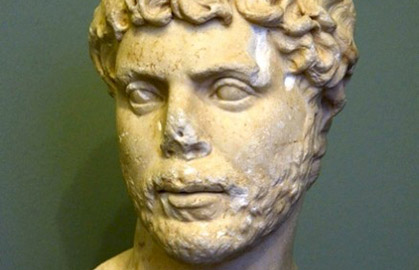CL3061 Appian

- Module Organiser:
- Professor Brian McGing
- Duration:
- One term (Sep - Dec)
- Contact Hours:
- 22 (1 x 2 hours per week)
- Weighting:
- 10 ECTS
- Assessment:
- 20% continuous assessment, 80% 3 hour end of year examination
The main change in the modern approach to Appian is one mirrored for other similar underrated writers like Cassius Dio or even Plutarch: the readiness to treat him as an author in his own right, with his own agenda and methods of composition, not just as a receptacle of better, but lost, ancient authors. These historiographical concerns have yielded a far more interesting author than anyone would have thought a generation ago, and have won for Appian a far more interested scholarly audience in the last three decades. In this course we will be examining the structure, nature and main features of Appian’s works, and assessing its strengths and weaknesses. As a set text we will be reading the preface, and either a single book, or extracts from different ones. I am not usually keen on reading bits and pieces of an author, but there may reasons to do so in this case.

